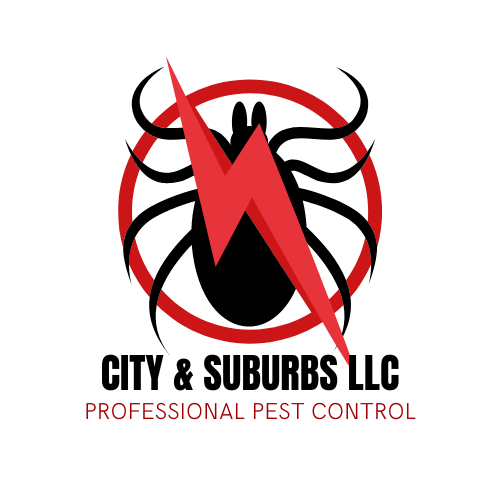Damage that termites can do
If you have a termite infestation, you can notice chewed-up and damaged wood.
These damaging bugs construct a network of tunnels that branch off from a main nest, leaving behind wood grain fragments arranged in a honeycomb-like pattern. Additionally, you can notice mud tubes, drywall that is falling apart, sloping floors, unlocked doors, or mature reproducers' abandoned wings.
The nest is frequently hidden behind a wall or below the ground.
Termites don't make noise, so you won't hear anything, but if you tap a wall or floor where you think they have nested, it will sound hollow.
The termites may build mud tubes through which they travel to gather and transport food back to the main nest if they have built their nest in a moist location, such as a basement, a broken roof, or next to malfunctioning plumbing.
Damage Cost
Sub-flooring, roofs, and other wood in your home can all be destroyed by termites, resulting in thousands of dollars in damage.
According to the National Pest Management Association, termites cost the U.S. more than $5 billion in property damage each year.
It's crucial to get termites eradicated as soon as they are discovered because homeowners' insurance policies often do not cover this damage.
Termite prevention and eradication
Do not disturb termites if you see them; if you do, they will promptly transfer to another location nearby to start a new colony site thanks to their keen survival instincts.
To get rid of termites, you must hire a pro.
A termite colony can be located and completely eliminated by CITY AND SUBURBS PEST CONTROL LLC
We can assist you in eradicating these harmful bugs and avoiding infestation.
Our elimination techniques are efficient and safe for your family and the environment. In Philadelphia and the surrounding areas, we offer both pest eradication and preventive pest treatment.
Contact us right away for a free estimate at 267 844 1935 if you suspect you may have a termite infestation.
